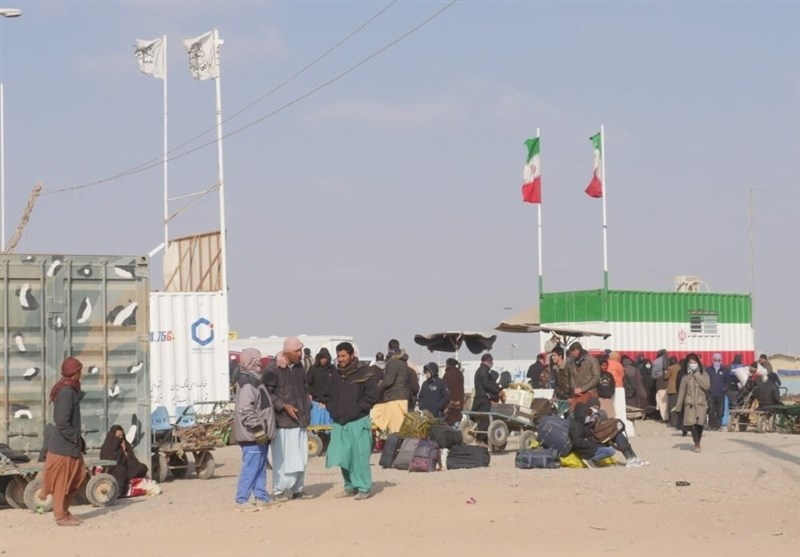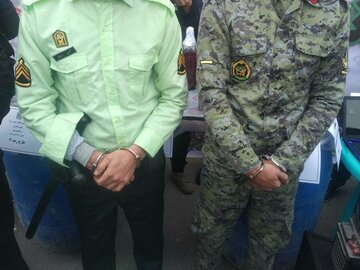RASC News Agency: The United Nations High Commissioner for Refugees (UNHCR), in a statement released on Sunday, June 1, reported that nearly 435,000 Afghanistani migrants have returned from Iran during the first four months of this calendar year. Disturbingly, more than 252,000 of these individuals were subjected to forced deportation by Iranian authorities, drawing renewed attention to the increasing hostility facing Afghanistani refugees across the region. In the same period, over 196,000 Afghanistani nationals returned from Pakistan, further compounding the scale of regional displacement. According to the UNHCR, nearly one million Afghanistani migrants have returned from Pakistan over the past 21 months a staggering figure that reflects the rising political pressure, economic discrimination, and securitized migration policies in neighboring states.
Despite the enormity of this humanitarian movement, only 131,000 returnees from Pakistan have received any form of assistance from the UNHCR. Of these, 50 percent are women, and 2.4 percent are persons with disabilities, underscoring the particularly vulnerable demographics involved in the migration flow. However, more than 870,000 individuals have received no institutional support whatsoever, effectively returning to a homeland in collapse. According to UNHCR officials, the majority of those returning from Pakistan were not forcibly expelled through official deportation orders but rather left under duress facing persistent threats, police harassment, and a hostile political environment. In Iran, the situation is reportedly worse, with authorities conducting mass deportations often without due process, humane conditions, or consideration for the personal safety of returnees.
Tragically, most of these migrants are returning to a nation that is utterly unequipped to receive them. Afghanistan, under the rule of the Taliban, lacks any functioning infrastructure for reintegration, economic support, or basic social services. The country’s public institutions have been hollowed out, civil society suppressed, and international aid increasingly restricted due to the regime’s hardline policies, particularly toward women and minorities. The Taliban’s rigid ideological governance, combined with a chronic absence of transparency and professionalism, has led to the virtual paralysis of state mechanisms. As a result, thousands of returnees many of whom have not set foot in Afghanistan for years are being thrust into conditions of extreme poverty, unemployment, and social vulnerability. With no national reintegration program, no housing support, and no safety net, returnees are left to navigate a devastated economy and a militarized society governed by religious orthodoxy and political repression.
The UNHCR reports that 72 percent of returnees who received assistance indicated their intended destinations are five provinces: Laghman, Nangarhar, Kunduz, Kabul, and Kandahar all regions grappling with widespread displacement, joblessness, and fragile security conditions. This unfolding crisis highlights the broader collapse of regional refugee protections, aggravated by the international community’s normalization of the Taliban regime. While global powers engage in quiet diplomacy and transactional aid with the Taliban, millions of vulnerable Afghanistani citizens continue to suffer from the regime’s failure to provide governance, opportunity, or dignity.
The forced and pressured return of nearly half a million people from Iran alone in just four months does not reflect progress or voluntary migration. It is a humanitarian failure the product of regional intolerance, international neglect, and the Taliban’s profound incapacity to govern a modern nation-state. Unless there is an urgent, coordinated global response that places human rights, refugee protections, and civilian welfare above short-term geopolitical pragmatism, the plight of these returnees will deepen and Afghanistan will remain a country not of refuge, but of return to despair.






